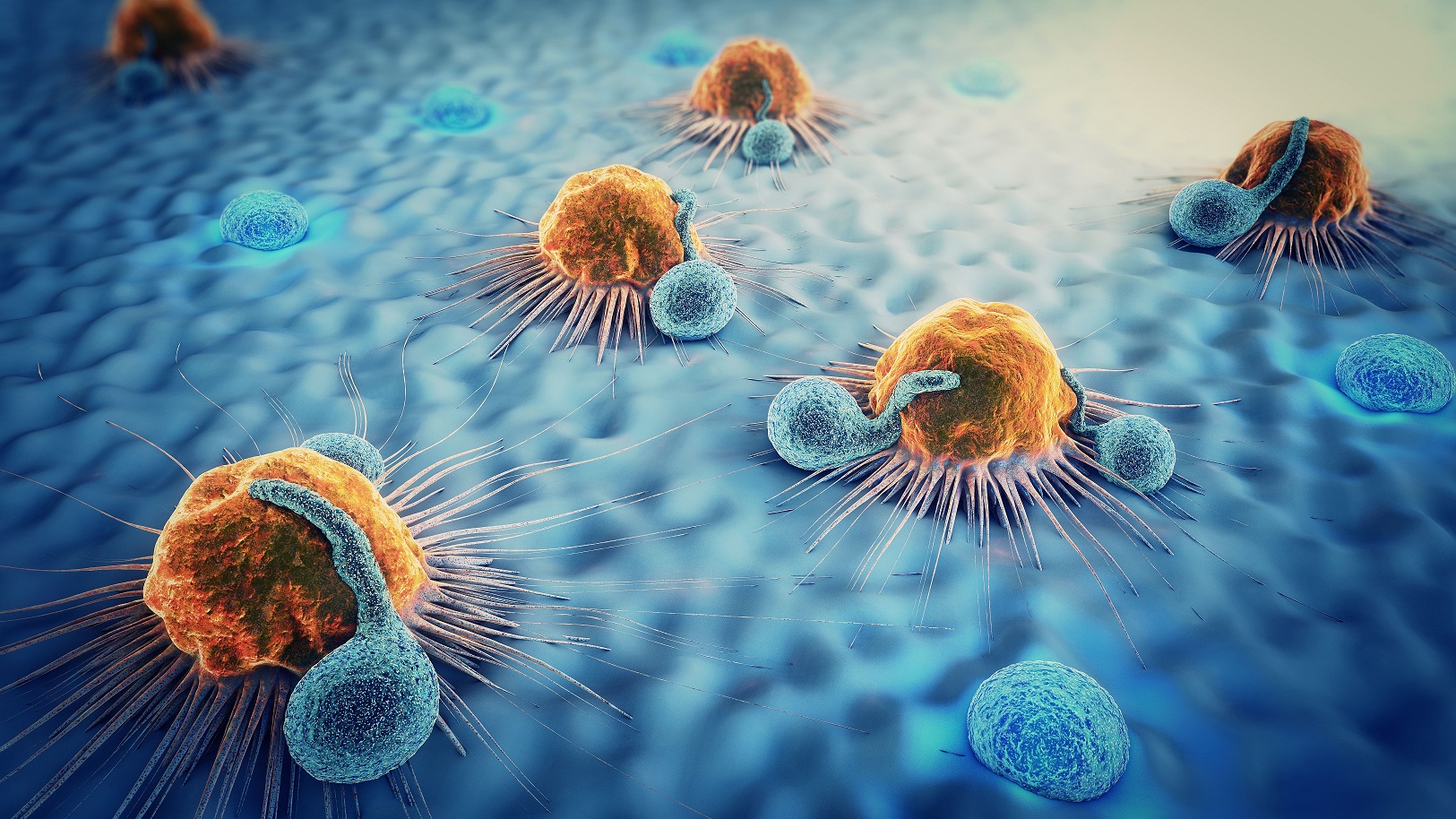Second Annual Novel Immuno-Oncology Targets Survey


We assessed expert physician-scientist sentiment across a wide range of novel IO targets through a proprietary survey. Survey results and interviews point to an array of agents in clinical development that experts consider promising including: LAG3, TIL therapy, oncolytic viruses, IL-2 engineered, CAR-T, CSF-1R, targeted agents (HDACi, MEKi, VEGFi), and A2AR antagonist/CD73i.
Second Annual Proprietary Expert Survey.
We conducted a survey in October 2018, prior to the 2018 ESMO meeting, to gain insights from leading translational oncologists. In ordr to solicit the views of truly knowledgeable experts, we specifically sought responses from physician-scientists who are principal investigators in clinical trials testing novel immunooncology (IO) agents, i.e., the “next generation” of IO agents beyond anti-PD-1/PD-L1 antibodies.
The Novel Agents Considered Most Promising Are …
Surveyed specialists and expert consultants consider LAG-3 checkpoint inhibition (based on encouraging response rate/ biomarker data from Bristol-Myers Squibb’s BMS-986016 Phase 1/2 study), TLR agonist (based on Dynavax’s SD-101 TLR-9 agonist) and oncolytic viruses as the most promising IO agents currently in clinical development.
Regarding Turning Tumors From “Cold” To “Hot.”
Anti-PD-1/PD-L1 agents are believed to primarily work on T cell-inflamed tumors (so-called “hot tumors” as denoted by the presence of CD8+ T cells in the tumor microenvironment). In most patients, however, their tumors have a non-T cell-inflamed microenvironment. In order to drive responsiveness to immune therapy based agents, there is a need to identify and develop agents that can bring T cells to tumors. Our surveyed specialists and consultants believe that cell-based therapies (CAR-T, TCR, TIL) and innate immunity activation – through oncolytic viruses (Amgen, Merck and others), STING agonists (Aduro), or TLR agonists (Dynavax, Idera, AstraZeneca, Nektar, Immune Design) – are the most promising mechanisms to potentially convert “cold” tumors to “hot.” In addition, specialists see promise in mechanisms that eliminate T cell suppression to enhance checkpoint inhibitor activity, and they highlight LAG-3 and metabolic IO agents including adenosine pathway antagonists. It’s Chillier In The Post ECHO-301 World. Our surveyed specialists and consultants have grown more noticeably conservative in their willingness to express conviction in mechanisms and/or agents with limited or earlier stage (in particular, single arm study based) clinical data. Somewhat offsetting this more circumspect stance, we note that our consultants do seem willing to embrace what investors might consider less impressive data (at face value) that derives from more rigorous trial designs, especially when observed in challenging clinical settings where the unmet need is significant. Honorable Mentions. Our surveyed specialists and consultants were also notably positive on (1) targeted agents, e.g., MEK inhibition (Roche, EXEL, ARRY, AZN, MRK, NVS) and VEGF inhibition (Roche, EXEL, PFE); (2) CSF-1R (FPRX/BMY, ARRY, SNDX); (3) CD-47 (TRIL, SURF) – as combination partners for anti-PD-1/PD-L1 antibodies in solid tumors.
For more information, contact your Cowen sales representative.